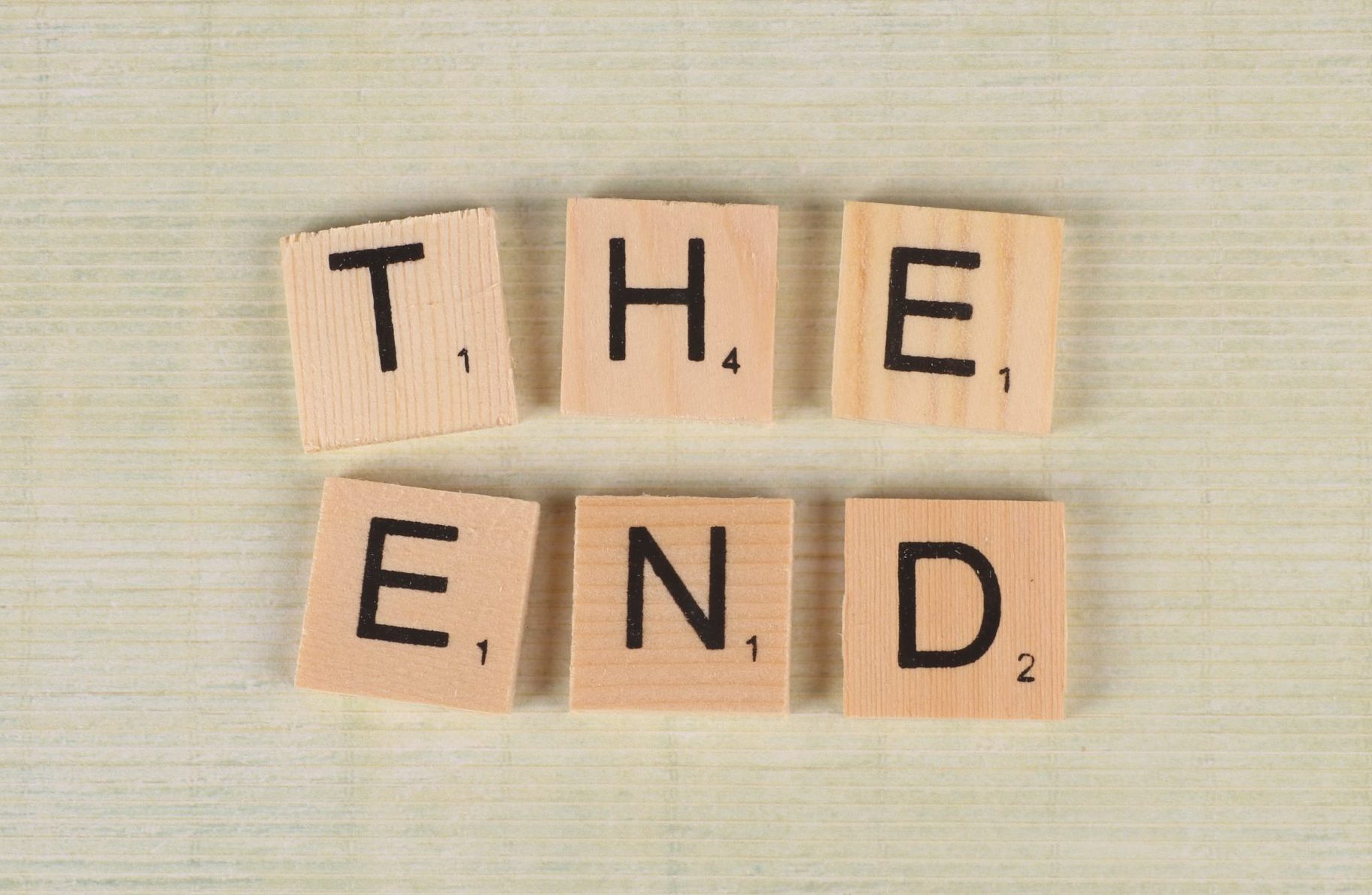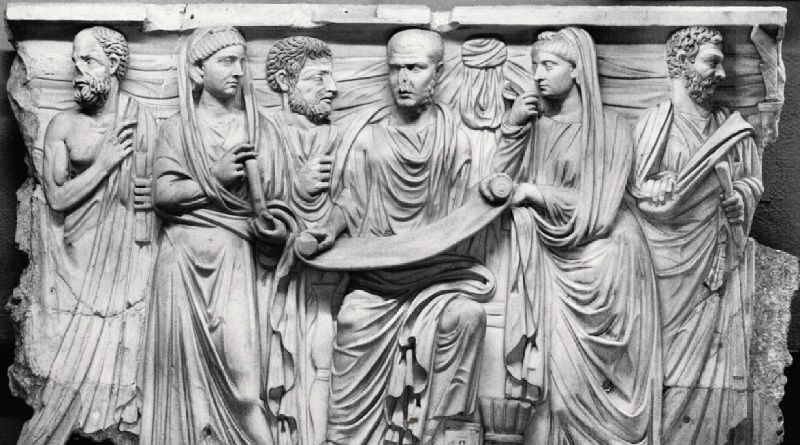Does justification lie in the Ends or the Means?
Does the End justify the Means? This query invites us across the complex terrain of morality and ethics. It compels us to confront a profound dilemma: Can a potentially unethical act ever be justified if the result is beneficial? Or should we remain steadfastly committed to our moral compass, regardless of the consequences?
Macchiavelli
‘The end justifies the means’ is most frequently associated with Niccolò Machiavelli, a 16th-century Italian diplomat and philosopher, renowned for his political treatise, ‘The Prince’. However, it’s vital to clarify that Machiavelli never used this exact phrase. His proposition was that a ruler should take whatever steps necessary to maintain power and secure his state, even if these steps might be deemed immoral.
Macchiavelli’s writings emerged in a time of political upheaval, where state survival often necessitated extreme measures. From Machiavelli’s perspective, the ‘end’—a stable and prosperous state—was worth the ‘means’—the occasional need for ruthless, perhaps unethical, action.
Kant
In contrast, there is the philosophy of Immanuel Kant, the pre-eminent 18th-century German philosopher. Kant was a firm believer in moral absolutism, the concept that certain actions are intrinsically morally right or wrong, regardless of their outcome. He proposed the ‘Categorical Imperative’, a principle suggesting that we should act so that our actions could be universally applied. In Kant’s view, the end never justifies the means.
Utilitarianism
Yet, philosophy is a complex spectrum of grey, rather than a dichotomy of black and white. Consider utilitarianism, a philosophy honed by Jeremy Bentham in the 19th century and later refined by John Stuart Mill. Utilitarianism proposes that the most ethical action is one that maximizes overall ‘happiness’. From a utilitarian’s perspective, the end could justify the means, if the outcome produces the greatest good for the greatest number. Delve deeper into a utilitarian reading of ‘the Ends justify the Means’ here.
Today
In our contemporary world, the question ‘Does the end justify the means?’ holds significant relevance. Whether it’s in politics, business, or personal relationships, we are often faced with situations where we have to make difficult decisions, and the right choice isn’t always clear. In these instances, reflecting on this philosophical question can provide us with guidance and perspective.
It allows us to consider the potential consequences of our actions, and the ethical implications that come with them. It encourages us to think critically about our decisions, and to question whether the ends we are striving for truly justify the means we are considering.
This brings us to the beautiful paradox of philosophy. It often leaves us in a state of aporia, or puzzlement, a condition where we realize how little we truly know. But this is not a cause for despair. It’s a call to keep exploring, to keep questioning, to keep expanding our understanding. Perhaps, in the end, the most valuable takeaway is not the specific answer we arrive at, but the process of self-examination and scrutiny that the question fosters.



